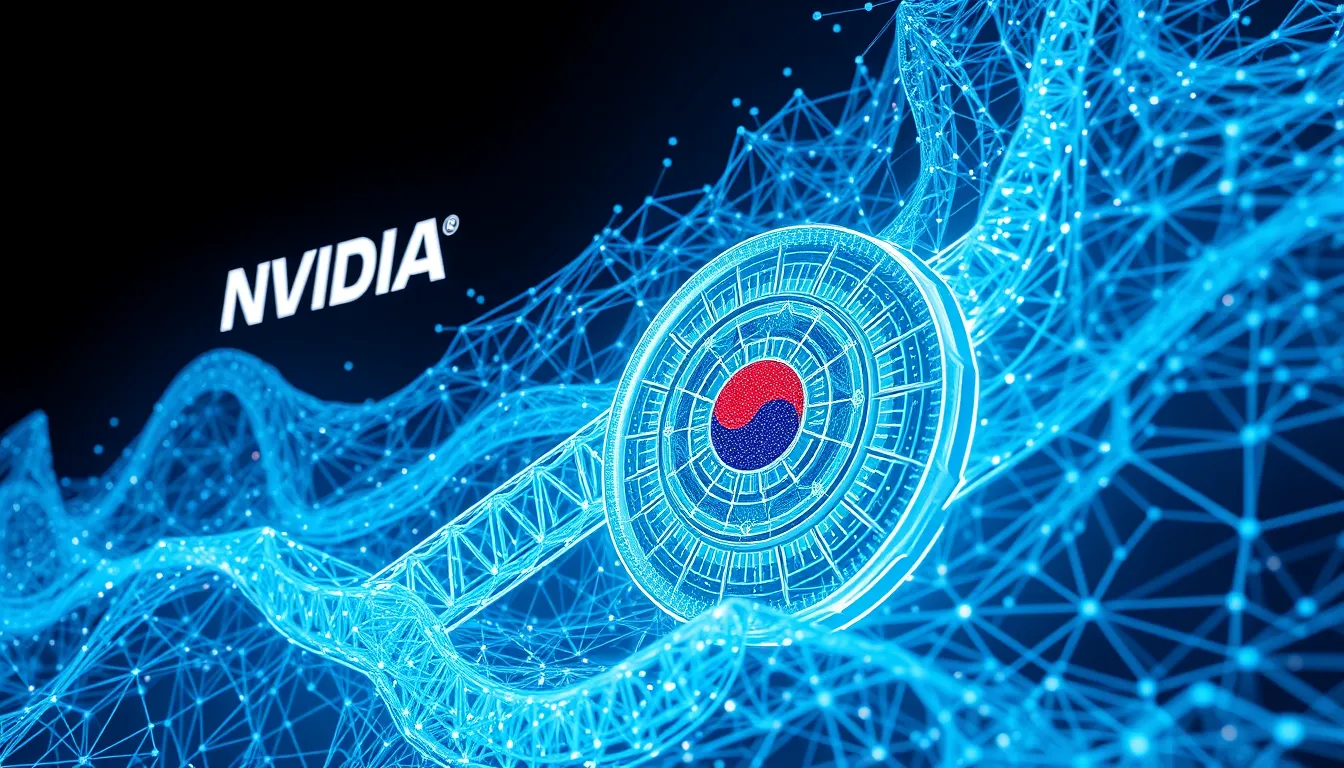Now Reading: Sovereign AI: National Control & Data Privacy
-
01
Sovereign AI: National Control & Data Privacy
Sovereign AI: National Control & Data Privacy

Sovereign AI: National Control & Data Privacy
Introduction
In recent years, the rapid advancement in artificial intelligence has sparked global interest in developing systems that not only drive innovation but also guarantee robust security measures and national autonomy. Sovereign AI is at the forefront of this transformation, prompting discussions among policymakers, technology leaders, and industry experts. This concept ensures that AI technologies are developed and regulated within national boundaries, thereby securing data privacy and fostering secure algorithmic governance.
The Emergence of Sovereign AI
Sovereign AI heralds a new era where national control over AI technologies is prioritized over globalized frameworks. By championing the principle of sovereignty in artificial intelligence development, countries are taking steps to tailor their AI infrastructures based on unique political, economic, and cultural values. Some key aspects include:
- Ensuring national control over emerging technologies
- Enhancing data privacy and protecting critical information
- Implementing secure algorithmic governance within a regulated framework
- Aligning technological advancements with national interests and security priorities
This homegrown approach is becoming essential as global debates about data security and privacy intensify. For instance, the recent APEC CEO Summit highlighted the necessity of having robust frameworks to oversee and regulate these technologies.
National Control Over AI Technologies
A critical aspect of this emerging field is national control over AI technologies. Focusing on sovereign AI allows countries to safeguard against potential cybersecurity threats while stimulating local innovation. A dedicated approach to national control involves:
- Designing regulatory frameworks that emphasize local oversight
- Encouraging research and development in secure AI technologies
- Integrating transparent governance models that can be audited and regulated within national jurisdictions
These efforts ensure that AI remains an asset strictly governed by national interests, with secure foundations that prevent unauthorized external influences. As discussions continue on this topic, governments are also exploring how national control can serve as a benchmark for global regulatory standards.
Highlights from the APEC CEO Summit
The recent APEC CEO Summit provided an engaging platform for leaders to discuss the future of AI and its implications on data privacy and security. Prominent technology companies like NVIDIA, known for their groundbreaking advancements in AI hardware and software, have collaborated with nations such as South Korea to push the envelope in sovereign AI development. For further reference, visit NVIDIA’s official website and learn more about South Korea’s digital innovation at South Korea Digital Innovation.
- The importance of establishing robust AI frameworks
- The need for secure algorithmic governance to manage emerging technologies
- Collaborative efforts between public and private sectors in advancing sovereign AI
Secure Algorithmic Governance and Data Privacy
Beyond technological enhancement, another crucial aspect of sovereign AI is the emphasis on secure algorithmic governance and data privacy. Nations are actively investing in systems that ensure:
- Data privacy is carefully maintained within national boundaries
- Algorithmic decisions are transparent and auditable
- Regulatory structures mitigate risks associated with digital transformation
Regulatory Strategies for AI Sovereignty
Governments are now developing comprehensive regulatory strategies to guide the development of sovereign AI. This includes creating robust legal frameworks that address both opportunities and challenges presented by advanced AI systems. Such strategies focus on:
- Establishing clear guidelines for national control over AI technologies
- Creating dedicated oversight bodies to monitor compliance with privacy and security standards
- Empowering local industries to innovate while adhering to global best practices
This dedicated area of policy-making is crucial for establishing trust not only within a nation’s borders but also on the global stage. With an increasing emphasis on technology sovereignty, these regulatory strategies are expected to evolve further to address emerging challenges.
Future Prospects and Conclusion
As sovereign AI continues to evolve, its impact on national security, innovation, and economic growth becomes ever more evident. The constructive dialogue generated at forums like the APEC CEO Summit has paved the way for revolutionary changes in how countries approach AI development. The focus on national control over AI technologies presents several advantages:
- It encourages tailored innovations that meet specific national needs.
- It strengthens data privacy by ensuring that sensitive information remains within national borders.
- It provides a framework for secure algorithmic governance, ensuring transparency and accountability in AI systems.
In a nutshell, sovereign AI represents a keystone in the digital age by combining technological prowess with secure, localized control. As countries continue to develop tailored, resilient strategies for managing AI, it is essential to maintain a balance between innovation and regulation. The future of AI will likely see enhanced cooperation between nations and tech leaders, paving the way for a secure, transparent, and innovative digital landscape. With the increasing adoption of sovereign AI frameworks, we remain poised at the brink of a technological revolution where secure, state-led approaches to AI development ensure that innovation serves as a cornerstone for national progress.
By understanding the multiple dimensions of sovereign AI—from national control over AI technologies to robust data privacy and secure algorithmic governance—we can better appreciate how this model is setting a global standard for the future of technology.

























